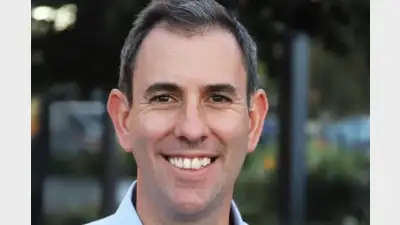Super funds low risk on laundering
Superannuation funds represent low risk environments in terms of the Government’s proposed approach to anti-money laundering (AML) and counter terror financing (CTF), according to the Association of Superannuation Funds of Australia(ASFA).
In a submission to the Senate Legal and Constitutional Committee on Anti-Money Laundering and Counter Terror Financing, ASFA director of policy and research said the regulatory environment in which funds operate and the operating procedures in place to meet those requirements meant complying regulated funds should be considered low risk and exempted from specific record-keeping and reporting requirements.
The submission said ASFA strongly believed that the regulatory approach finally adopted by the Government had to be genuinely risk-based.
However, it said that the existing nature of the proposed legislation did not meet this standard.
“The current approach is inappropriately prescriptive both within the Draft Bill, for instance the Part Two requirements for customer identification, as well as within the Draft Rules, for instance the AML/CTF Program Draft Rules.”
The submission said ASFA strongly believed that the regime had to recognise the unique features of the Australian superannuation system, including employer compulsion to pay superannuation on behalf of employees, preservation of superannuation until retirement, and the regulatory and reporting requirements on superannuation funds.
Recommended for you
Australian super funds have posted early gains in FY26, driven by strong share market performance and resilient long-term returns.
Following the roundtable, the Treasurer said the government plans to review the superannuation performance test, stressing that the review does not signal its abolition.
The Australian Prudential Regulation Authority (APRA) has placed superannuation front and centre in its 2025-26 corporate plan, signalling a period of intensified scrutiny over fund expenditure, governance and member outcomes.
Australian Retirement Trust (ART) has become a substantial shareholder in Tabcorp, taking a stake of just over 5 per cent in the gaming and wagering company.











